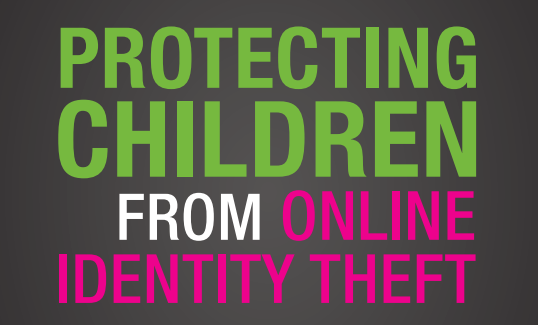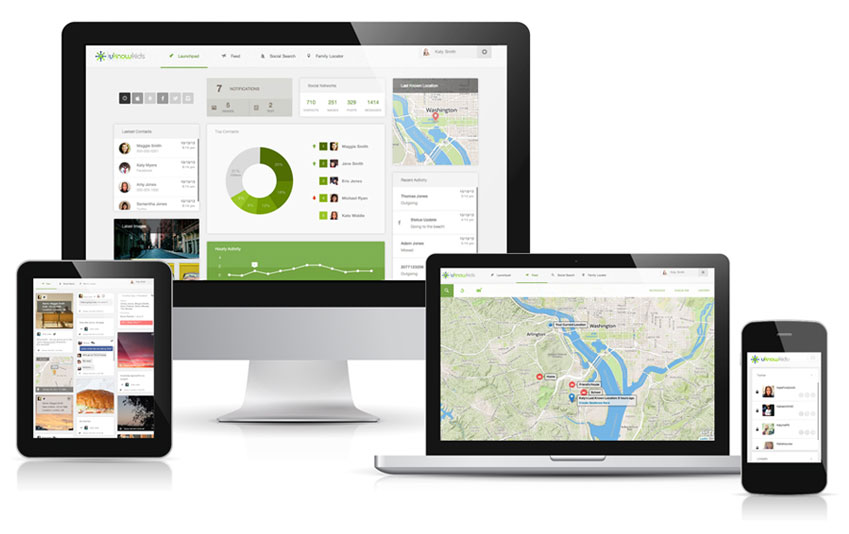This article was originally published in the Huffington Post by Diana Graber, co-founder of Cyberwise.
Whenever I find myself at the front of a 7th grade classroom, I keep the title of this book in mind: Teach Like Your Hair's on Fire. This mantra serves to remind me that, short of actually lighting my hair on fire, a burning enthusiasm for the information I'm there to share is what's required to capture and hold the attention of this generation. After all, these kids have been raised in a world where access to information is instantaneous, and often entertaining, thanks to mobile technology.
We hear it all the time -- increased exposure to technology is rewiring our kids' brains, making it tougher to reach and teach them. A Pew Internet survey of nearly 2,500 teachers finds that 87% believe new technologies are creating an "easily distracted generation with short attention spans" and 64% say today's digital technologies "do more to distract students than to help them academically."
But before you wring your hands in despair or, more likely, get distracted away from this story by your own task switching tendencies, read on! These same teachers also say that the Internet and digital search tools have had a "mostly positive" impact on their students' research habits. In another study by Common Sense Media, teachers say that when it comes to finding information and multitasking, "students' use of entertainment media has helped rather than hurt them." That's because technology not only helps students find information more quickly and efficiently, it also improves their ability to switch between tasks more quickly.
Read More »




















